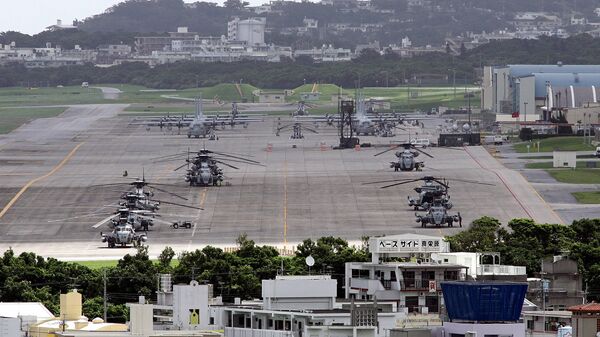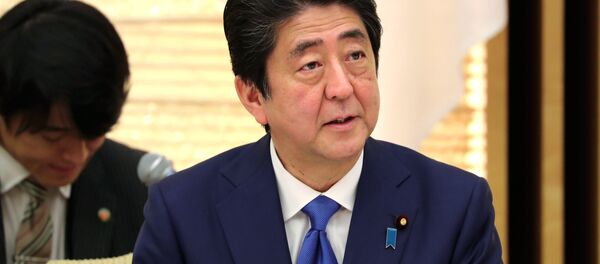The supplementary treaty, signed January 16, goes into effect immediately, The Japan News reports.
The original Status of Forces (SOFA) agreement limits Japan's criminal jurisdiction over workers on US bases in the country. While crimes committed by US personnel off base are still open to Japanese prosecution, in most cases the US can retain custody of offenders and in some cases can regulate their movements, as SOFA protections exempt some personnel from Japanese visa and passport regulations.
Under the supplementary agreement, the countries will establish a working group to review whether contractors meet new SOFA standards, Stripes reports. Civilians eligible for SOFA protections must "have skills or knowledge required for the accomplishment of mission requirements," the agreement states, and private contractors now must be officially invited to Japan by the US government for official purposes to obtain a SOFA visa.
The "skills and knowledge required" for missions may by special training or licensing, a security clearance, short term need or other reasons, as the committee sees fit.
Other staff, including Defense Department civilian public employees, civilians aboard US military vehicles and federal workers coming to Japan to work with the US military will retain SOFA coverage, as will services employees in Japan on military business.
Contractors that live in Japan or already have a non-SOFA Japanese visa will not receive SOFA status.
The change was precipitated by the murder last spring of a Japanese woman by a US civilian base worker who lived in Japan. Despite holding a Japanese visa, he was covered by the original SOFA agreement.
At the signing ceremony, Japanese Foreign Minister Fumio Kishida said, "We hope the pact will contribute to preventing any recurrence of criminal cases and accidents involving civilian U.S. base personnel," according to the Japan News.




